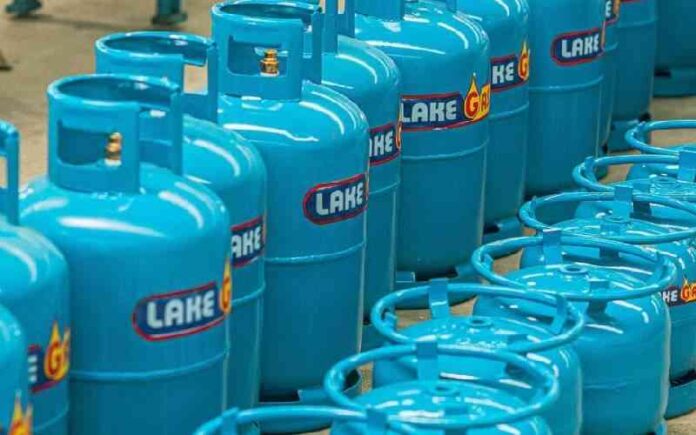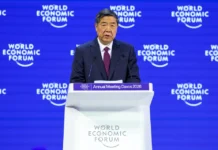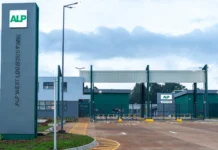Lake Gas Limited has received a welcome reprieve after the Kenya Bureau of Standards cleared over 11,000 tonnes of cooking gas previously held at the Port of Mombasa, ending weeks of uncertainty after the shipment failed initial safety tests.
The consignment, imported in June 2025, was earlier rejected due to dangerously low levels of ethyl mercaptan an odorant essential for detecting gas leaks supposed to comply with national safety standards (KS 91:2022).
KEBS had blocked the release until Lake Gas demonstrated corrective measures. Following additional dosing of the odorant and independent testing to confirm compliance, the gas was approved on August 2, clearing the backlog and allowing delivery to distributors to resume.
The KEBS clearance has broader implications for the LPG sector in Kenya. Lake Gas is one of the newest entrants aiming to challenge well-established suppliers in a market that consumed nearly 414,000 tonnes of LPG in 2024.
Observers had feared that regulatory delays could delay supply, push up prices, and dampen competition. The swift resolution reinstates confidence in Kenya’s regulatory framework and sends a signal that safety standards will be enforced while allowing compliant businesses to operate.
Lake Gas, owned by Tanzanian entrepreneur Ally Awadh, confirmed completion of the odorant infusion process and said it was satisfied that the product now meets all regulatory requirements.
Company officials expressed relief that KEBS approvals were granted and pledged to enhance internal quality assurance systems to avoid future compliance gaps.
They also emphasised that no gas had entered commercial distribution before final approval and assured consumers of product safety.
While relief is palpable, the weekslong standoff exposed operational and reputational vulnerabilities. KEBS’s initial refusal to clear earlier tests underscored strict safety protocols, while Lake Gas’s prompt corrective action helped avoid a protracted standoff.
At the same time, emergency stockpiles and logistics plans had to be revisited to accommodate the delayed delivery schedule.
Energy sector watchers highlight that the episode amplifies the importance of rigorous odorant dosing technology, especially as LPG consumption grows and new players enter the market.
Authorities note that inadequate odorant not only violates standards but carries serious risks of leaks undetectable to consumers, potentially leading to explosions and injuries.
With the shipment now cleared, Lake Gas is expected to begin distribution to its Kilifi-based facility and downstream retail partners in Nairobi, Mombasa, and western Kenya.
The resolution also boosts competition in LPG wholesale and retail, which regulators hope will drive efficiency and price moderation.
In summary, KEBS’s green light ends the regulatory impasse, enabling Lake Gas to integrate its inaugural Kenyan cargo into the supply chain. It signals Kenya’s dual commitment to enforcing safety standards and supporting compliant market expansion an outcome that could reshape competition dynamics in the cooking gas sector moving forward.
Written By Ian Maleve



















